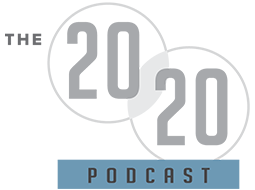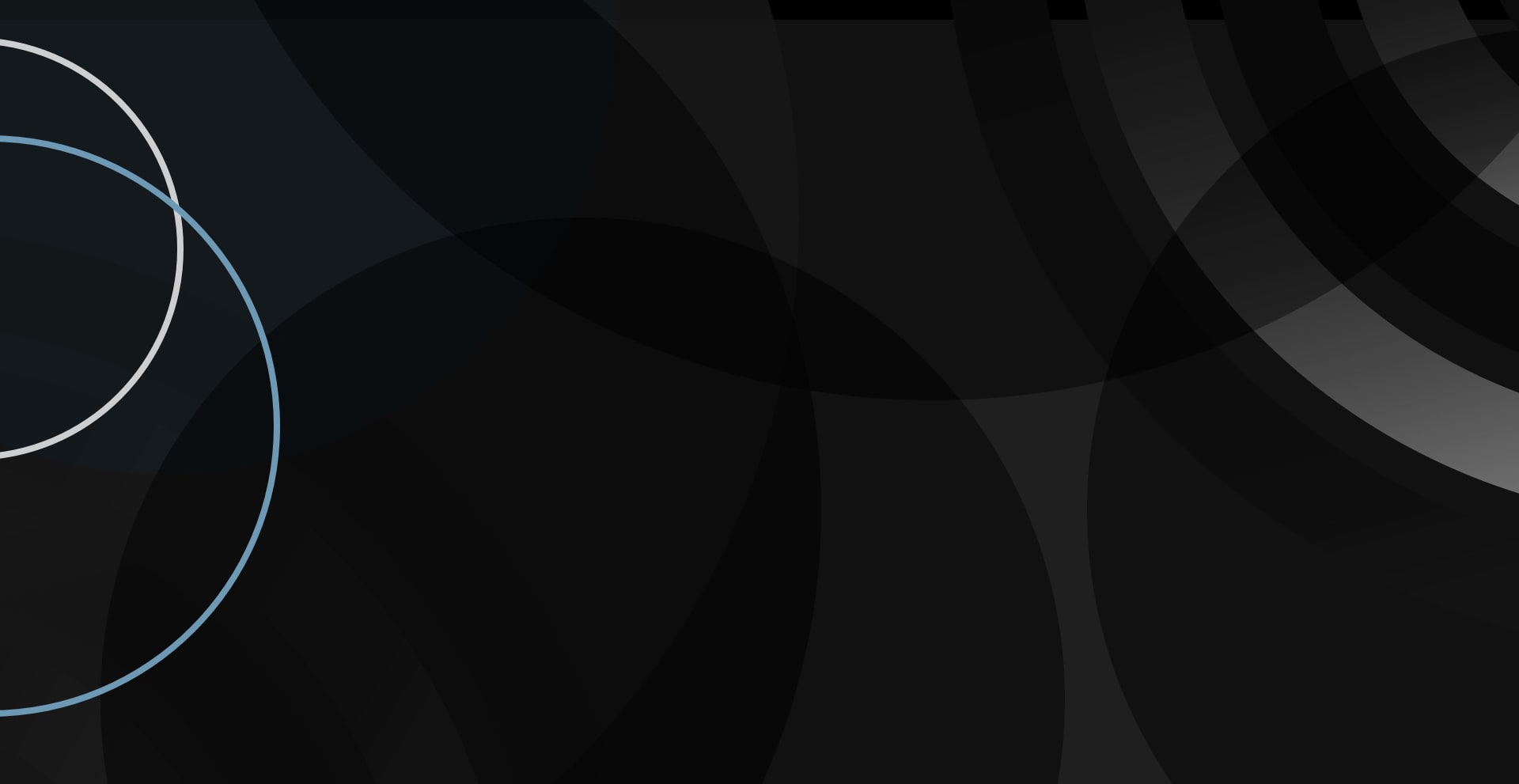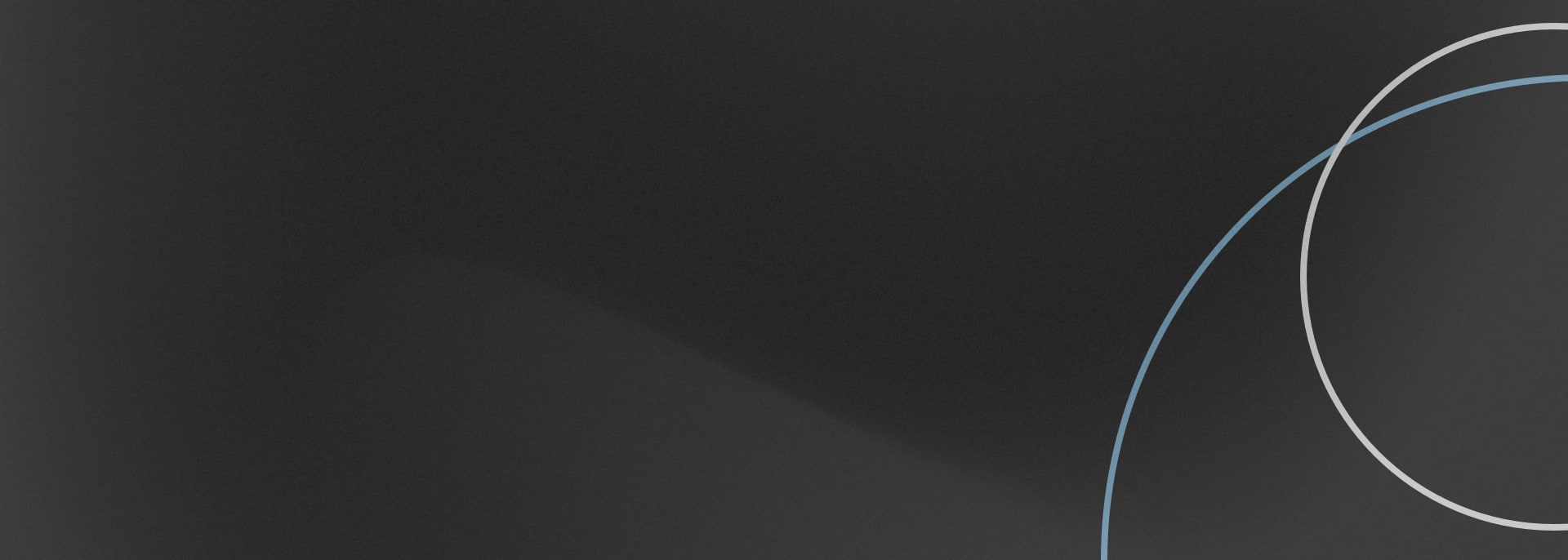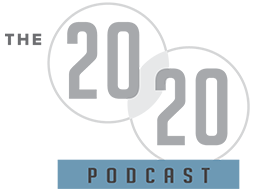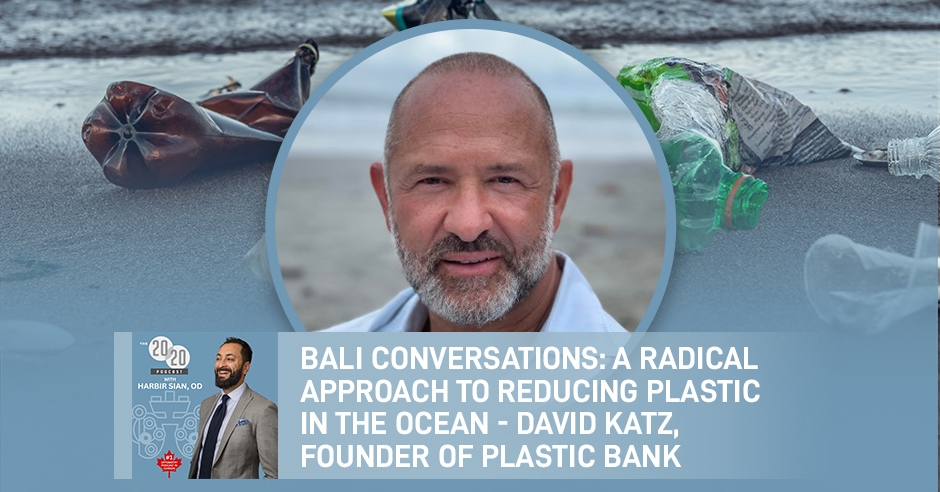
How do we reduce the amount of plastic in our oceans?
David Katz, the founder of Plastic Bank, has created a solution that does not simply remove plastic. Plastic Bank’s programs incentivize the reduction of waste as well as the collection of waste, all while supporting local communities in developing parts of the world where plastic waste is most present.
This is the second of three interviews that were recorded in Bali during the CooperVision/Plastic Bank experience. Stay tuned for the third interview with Aldo Zucaro from CooperVision.
Watch David’s TED Talk.
Learn more about Plastic Bank.
—
Watch the episode here
Listen to the podcast here
Bali Conversations: A Radical Approach To Reducing Plastic In The Ocean – David Katz, Founder Of Plastic Bank
Welcome back to another episode of Canada’s number-one optometry show. Thank you as always for taking the time to join me here. This episode is the second in a series of three episodes that I’m sharing that I recorded when I was down in Bali a couple of months ago for the CooperVision and Plastic Bank experience. It was an incredible experience. I learned a lot and had a great time being in Bali. I am very fortunate and grateful to have been down there, but the experience was to learn about CooperVision’s sustainability initiatives, in particular, this partnership with Plastic Bank.
David Katz: Founder And CEO Of Plastic Bank
This interview, the second of the three, is with David Katz, who is the founder and CEO of Plastic Bank. This interview easily could have run for an hour or two, but all three of these are short. They’re like 15 to 20-minute episodes. They’re nice and quick bite-sized. As you listen or watch, you’ll learn why I’m saying that because David can go on. His energy and his passion for this topic of sustainability and how to make Earth a better place and leave it a better place, and all these other things that he’s got ideas that he has to share are powerful.
We had this short time window to record this. I plan to bring David back on sometime soon so we can dive in. That’ll be a long very interesting conversation. This is a short one, but it’s to introduce you to Plastic Bank, David Katz, the partnership with CooperVision, and everything else that’s going on. I encourage you to watch it on YouTube. The Bali sunset in the background with the ocean waves crashing is beautiful and it adds to the whole experience.
I hope you enjoy this one. If you didn’t listen to the first one, go back and listen to the first of the three, which is with Dr. Evelyn Lo, the president of the BC Doctors of Optometry who was down there in Bali with me. Stay tuned for the third one, which is a great one with Aldo Zucaro from CooperVision. He’s speaking from his position as a leader of these global initiatives across the Cooper company. Stay tuned for that one as well. I hope you enjoy this episode with David Katz.
—
Welcome back to another episode of Canada’s number-one optometry show. Thank you so much for taking the time to join as always to learn and grow. I appreciate all of the support. As always, I’m going to ask a quick favor right off the top, which is if you get some value from this, please do share it. Send a link to a friend, put it on LinkedIn, take a screenshot, or put it on Instagram. Whatever you do, please get the word out there because I have an incredible guest who has an incredible message to share. I want to make sure as many people as possible are hearing this message.
Before we get into it, my wonderful guest is David Katz, who is the founder and the CEO of Plastic Bank, and this is the entire reason we’re here. We are here in Bali, Indonesia. If you’re watching on YouTube, you’re going to see this beautiful backdrop and the beautiful sunset. We’re in Bali, and I want to say a big thank you to CooperVision for bringing me out here to have this discussion with David because of this partnership and collaboration that CooperVision and Plastic Bank have created and this initiative that CooperVision has to promote sustainability in eye care. Big thank you to CooperVision and a big thank you to David. David, thank you so much for being here. I appreciate it.
It’s beautiful to be here. Thank you.
Let’s start with a quick introduction of who you are and what is Plastic Bank, just so that the audience gets to understand what we’re doing.
It’s important to express it on some dude, first off, and I think it’s important to express that because I’m going to tell you and take you through the journey of what we’ve created in the world and the tens of thousands or hundreds of thousands of people that we affect. I don’t want it to be in a way that people have to think you’ve got to be something special or unique to make a change in the world because that’s not the case. It’s available for everyone.
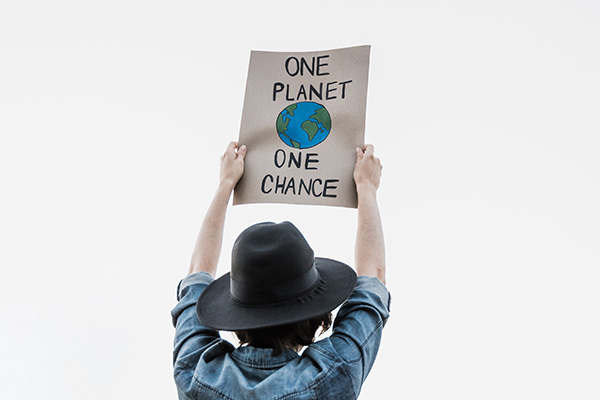
I’m just some guy, with barely a high school education, who grew up on an island on the west coast of Canada, grew up in Victoria. It’s emerged as an opportunity for the world to collect and transact all material as currency, as money. I give the paradigm in this. If every piece of packaging you saw, every piece of plastic packaging that is ultimately flowing into the ocean was easily exchangeable for US $5, would we still see plastic flowing into the ocean?
That’s a very good question. No.
Yet we want to vilify the plastic and say it’s the plastic’s fault when it’s ours. For some reason, we think that plastic is below us and its value less, but it’s our paradigm. It’s the way we see it. We’ve now created a beautiful global collection ecosystem. We affect a few hundred thousand people who collect and transact the material as money, which gives them financial inclusion and access to tools like creditworthiness, where they can borrow money based on the plastic they’ve collected. We give zero-interest loans to the world’s poor using plastic and their collected plastic to substantiate their reliability. The plastic we collect returns back to circularity where it goes back in the packaging in a nutshell. There’s so much more.
We’ve created a global ecosystem where plastic is transacted as money, providing financial inclusion and credit worthiness to hundreds of thousands. Waste becomes valuable, like diamonds or gold.
The Concept Of Plastic As Currency
That’s incredible. In today’s conversation, we may not be able to dig in super deep, but we already talked about the fact that love to have you back on and go as deep as possible, as long as possible. I realized from what you’re saying about the name Plastic Bank that you’re creating almost a brand new currency out of plastic.
Correct, created.
You have created. That’s exactly right. That’s incredible. How do you go about putting a value on something that we have up until now considered valueless?
When we look at even credit worthiness, you see when you collect, and return material consistently, and you have the ability to borrow, let’s say in the event of a life-altering event, and you have a sense of security and stability, and pain, fear, insecurity were alleviated, well it was the plastic that created it. You received alleviation from fear and pain. What’s the value of the material now? It’s not necessarily the material itself, but what it gets. It’s not even the money, but it’s what it gets. When you can exchange plastic to pay for your children to go to school, which you didn’t have access to before, what’s the value of that? That could be the end of poverty. How do I value the end of poverty? You see, I gave access.
That’s incredible. Tell us a bit more about Plastic Bank’s presence. We’re here in Bali, Indonesia. Are there other locations?
We started in Haiti. Now we’ve had the rest of Haiti because of the sheer instability and anarchy that’s occurring there. We came to the Philippines with tens of thousands of people we work with there. We came to Indonesia, Brazil, and Egypt, We have licensing partners in Cameroon and Thailand. Now we continue to grow around the world. We have around 50,000 registered individual members and communities. It translates to about 200,000 individual lives that were affected by using what other saws waste now as value, as diamonds, as gold.
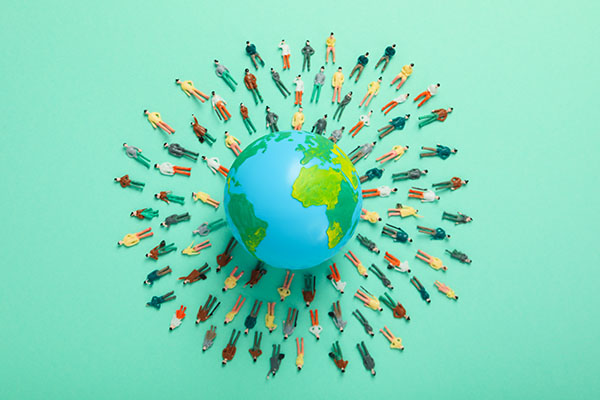
That is an incredible impact. Can you tell us maybe more nuts and bolts of what the process looks like for an individual who is collecting this plastic and then it’s going into processing? What does that look like?
The Collection And Processing System
Gig economy model, like an Uber or anything else. I don’t like using Uber as an example, but it quantifies it. You can either take it as a full-time opportunity or just collect your household material. If you want, you go create a room or you go restaurant to restaurant. If you’re the restaurant itself, you have an account, and all the material that comes in, you have the ability then to take it to a plastic bank location where the material is weighed, the value is established, and the value is transferred through a blockchain banking application into your account.
It’s free of robbery and diminishment of the poor, where the poor know the value that they’re getting. They know how much money they’re getting, and it’s automatically there. Now they have a savings account, which as well is a paradigm shift. Now I have something that I didn’t have before, I only had it from day to day, but now I can save. Many of our collection locations are around the world, with hundreds and hundreds. Many of them are schools.
We teach the school about the entirety of the program and biodiversity. We talk about plastic and we create a curriculum that teaches the children. We also teach the children to teach the parents because the school is the plastic bank collection location. It teaches the children. The children teach the parent, “Don’t throw it away, don’t burn it, don’t put it in the canal.”
Whenever I’m walking to school, I take the plastic with me to the school, and then it’s weighed and collected at the school, and then the family makes money from the school, and the school makes the money. We ultimately steward a way of thinking that the child learns that by stewarding the environment, poverty can leave the family. What a beautiful message. See that self-perpetuating gift of the thinking behind all of it.
In that, there’s a mindset shift for us coming from the West and not living in poverty and growing up in an entirely different state and mindset to be able to understand that you’re taking potentially somebody out of poverty. You’re giving them a bank account which they’ve never had.
No, I’m not giving anybody anything. Let’s be clear. People earn it. They substantiate it, they are themselves, and nothing is given. I think it’s a distinction because you can’t donate to the end of poverty. You create a condition where poverty can leave the person. Often, poverty leaves the person when they see themselves not as someone impoverished. That’s the beginning. If anything, that’s what we do. We create the state of a new awareness.
We’re not giving handouts. People earn it. You can’t donate the end of poverty, but you can create conditions where poverty leaves the person. It starts with a new awareness.
From that collection, as far as processing goes, we are going to be seeing some of the processing. We’re going to be collecting some of the waste and going to the processing plant. If we could describe to the person tuning in here what that might look like?
It goes from the collector. The collector of the household brings it to the school. The school may be an aggregation location. From the aggregator, it’ll go to the processor, someone who will take the material and add additional value. The school may be segregated by type and by color and things like that to add even more value, and then it’s transported to a processor who will flake the material or even just bail it and get it ready as a raw material or make it exportable. It’s a very simple process. Once it’s at the processor, they’ve created a raw material for others to use the material back into packaging.
Could give us some examples of what end products these materials will go into? You mentioned packaging.
Chairs, pillows, bottles, and glasses.
I was just going to ask about glasses. I was talking about glasses that we drink or glasses that we wear.
Some brands do that as well like if you’re window cleaning. The giant broad range of products around the world is remarkable. Even bigger still because what we’re talking about is not the conditions of climate change. Everyone wants to talk about climate change. It’s in the same condition as plastic. What we need to be talking about is business change because it’s business that got us into a conversation where we’ve even got to talk about climate change.
We’re not just talking about climate change. We’re talking about business change. That’s where real impact happens. Every eye care professional can be part of this change.
It’s another one of these where the problem is out there when it’s right here. When we talk about business change, then it becomes accessible because what can I do as an eye care professional that makes the change? That’s ultimately what we do. We’ve created the space for every eye care professional in the world to say, “I’m making the change.” Everyone gets to be a part of Plastic Bank.
That’s why you’re here in the end because you get to, in your practice and in your way, be the conduit, to be the tribe, to be the place where everyone who comes into your location changes the world through you, with you. You’re the tribe. That’s what we’re doing. We’re creating a community in the world, a tribe. Who’s coming to save us? Anyone? Is the government coming to save us? Is big business coming to save us? Who’s left? Us. That’s what we’re doing.
Us, you, anyone who is watching. That’s what we’re doing. We are going to make the change collectively because nobody else is coming. That’s what we’ve provided. More than anything else, it’s accessibility. Purpose as a tool so you can implement it in your business and be purposeful in it. Every time someone comes to visit you, the world changes. Everything that you’re witnessing here, this is the product. This is what occurs when the world comes together. That’s an opportunity for your show here.
Building A Tribe For Change
Build a tribe. What message do we want to the end user of this, or the end consumer of this podcast, mostly people in the eye care industry, primarily optometrists like us? They’re all people but specifically in this setting. Let’s say I’m the optometrist on the other end tuning into this, what action should I take or that you would like me to take that would support this and help to build?
You join the tribe. You create a space. You work with us with a beautiful retailer opportunity that allows you to be purposeful in your company. We give you everything that you need so that you can collect tribes and so that everyone who comes into your business, the world changes. You work with us and we become a tribe together.
How would they go about that? What’s the first point of contact?
PlasticBank.com is the first point of contact. That is for sure. Engage me. I’m David at Plastic Bank. If you know the biblical story of David and Goliath, I’m David fighting Goliath. You now know how to find me. You reach out. Be a part of the solution and not the pollution.
The solution, not the pollution. That’s amazing. What can we say about the partnership with Cooper and Plastic Bank?
Cooper is such a power. The beauty of CooperVision is that it recognizes the next generation of businesses. The next generation of consumers is now in the purpose economy, and they want to powerfully participate in change. People don’t care. Number one, they don’t care what you do. They care why you do it. They’re powerfully a part of that tribe. When I talk about tribe, the next generation of consumers wants to do business that causes change for the good. They want to be a part of purpose.
If you want to truly draw on the next generation of customers, which is what you have to do, or else you’re out of business, you’ve got to be focusing on the next generation. The next generation wants purpose. They want to participate. When they spend their money somewhere, things get better. That’s the idea. It behooves everyone to be in a place to create purpose, create a tribe, and create a space for that generation that wants to change the space to do it.
CooperVision is the one that’s ultimately created that space. They recognize that that’s the next generation and that in this partnership and in the invitation know that for everyone who’s a CooperVision partner in the end, they want to make the space for them to be a part of the tribe that changes the world because they know as well, no one else is coming to save us. They have been bold enough and courageous enough amongst the hundreds or thousands of other big companies to say, “No, let’s make a change.”
I love that. That’s incredible. Given the short amount of time that we have, I would love to dig more into that. What other final message perhaps would you like to share with somebody who is listening and watching here?
Final Message: The Power Of Consumer Choice
I think that from an environmental standpoint, recognize that every time you buy something you vote. Every time you participate, it is something you’re voting for. If you buy something that degrades the environment, you’re voting for the degradation of the environment. Every time you buy something that promotes circularity, prosperity, and goodness for the world, that’s what’s going to be occurring, period. Be aware that you are powerful, that the generation after you is powerful. We’ve never been on a greater precipice of change than we are today. Recognize the power you have to be the change. Don’t wait for anyone else.
Every time you buy something, you vote. If you buy something that degrades the environment, you’re voting for degradation. Choose products that promote circularity and prosperity for the world.
What an incredible message. That’s the best way to end this conversation, but I know we’ll have more to talk about next time around. Thank you so much, David, for doing this. I appreciate it. It was very powerful in such a short period of time. Thank you once more to Plastic Bank and to CooperVision for having us here to learn more about this, and to experience this partnership. I can’t wait to get out there and be in the mangroves, and then go to the facilities and all of that. Thank you to everybody who’s tuning in to Canada’s number one optometry show. See you guys in the next episode.
Important Links
- Plastic Bank
- David Katz – LinkedIn
- CooperVision
